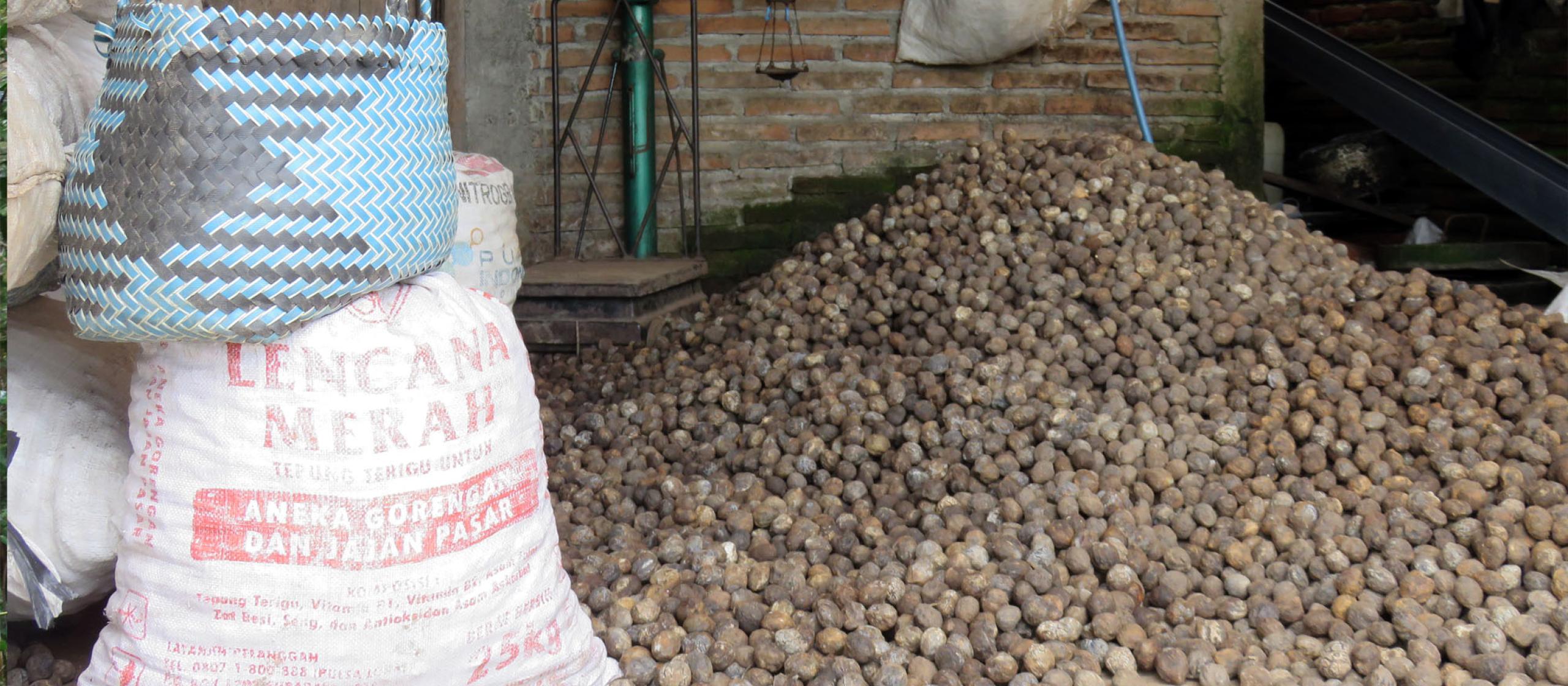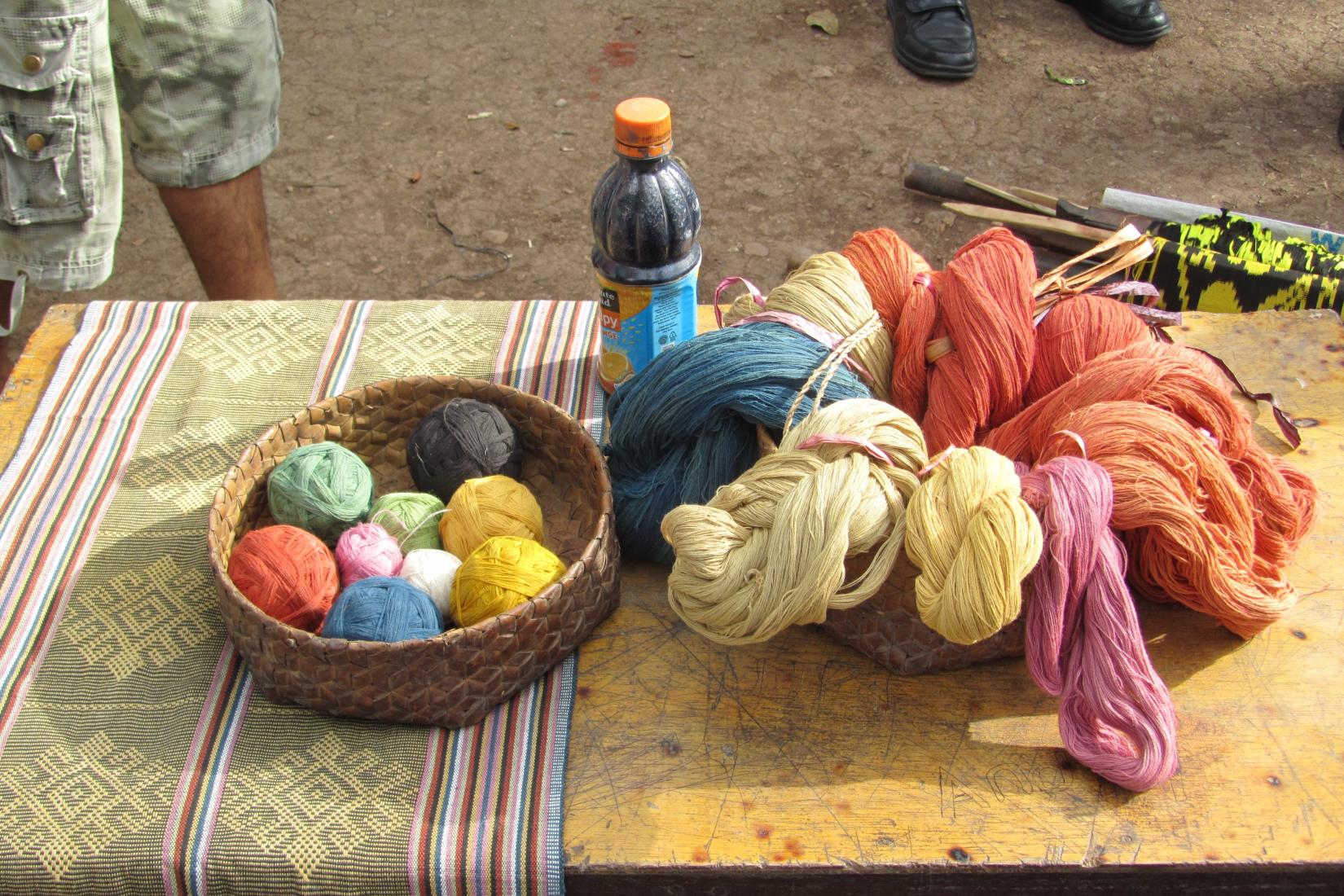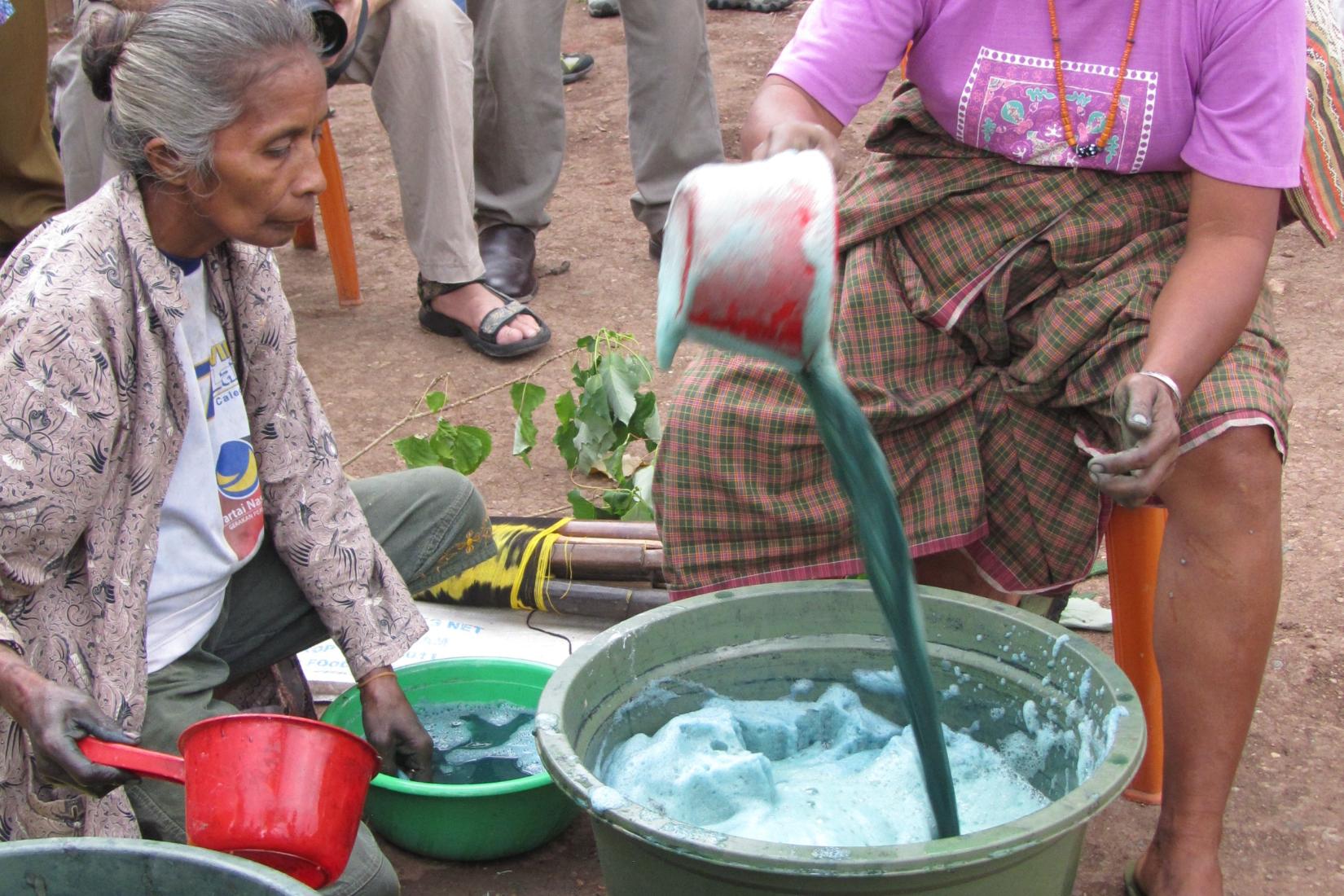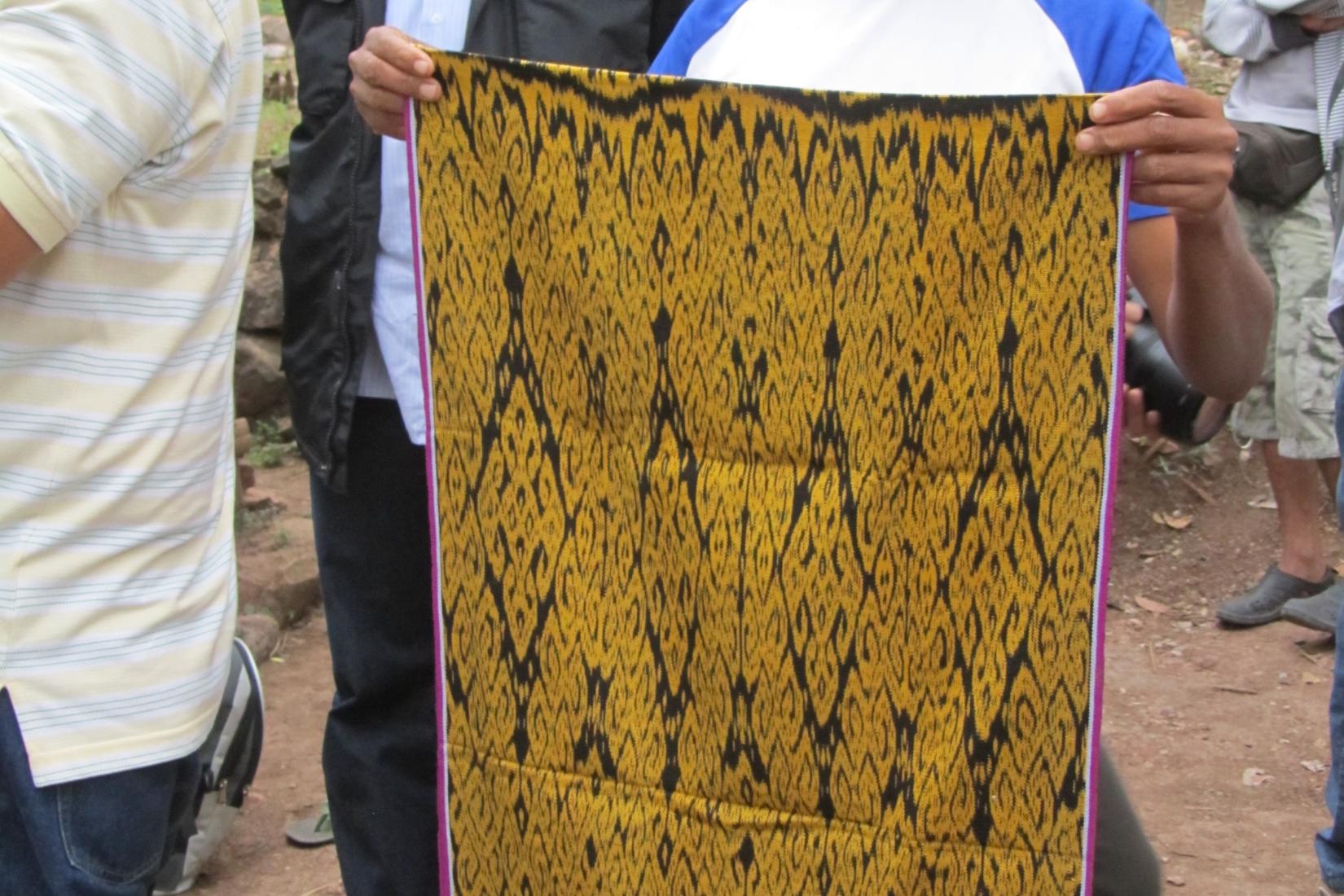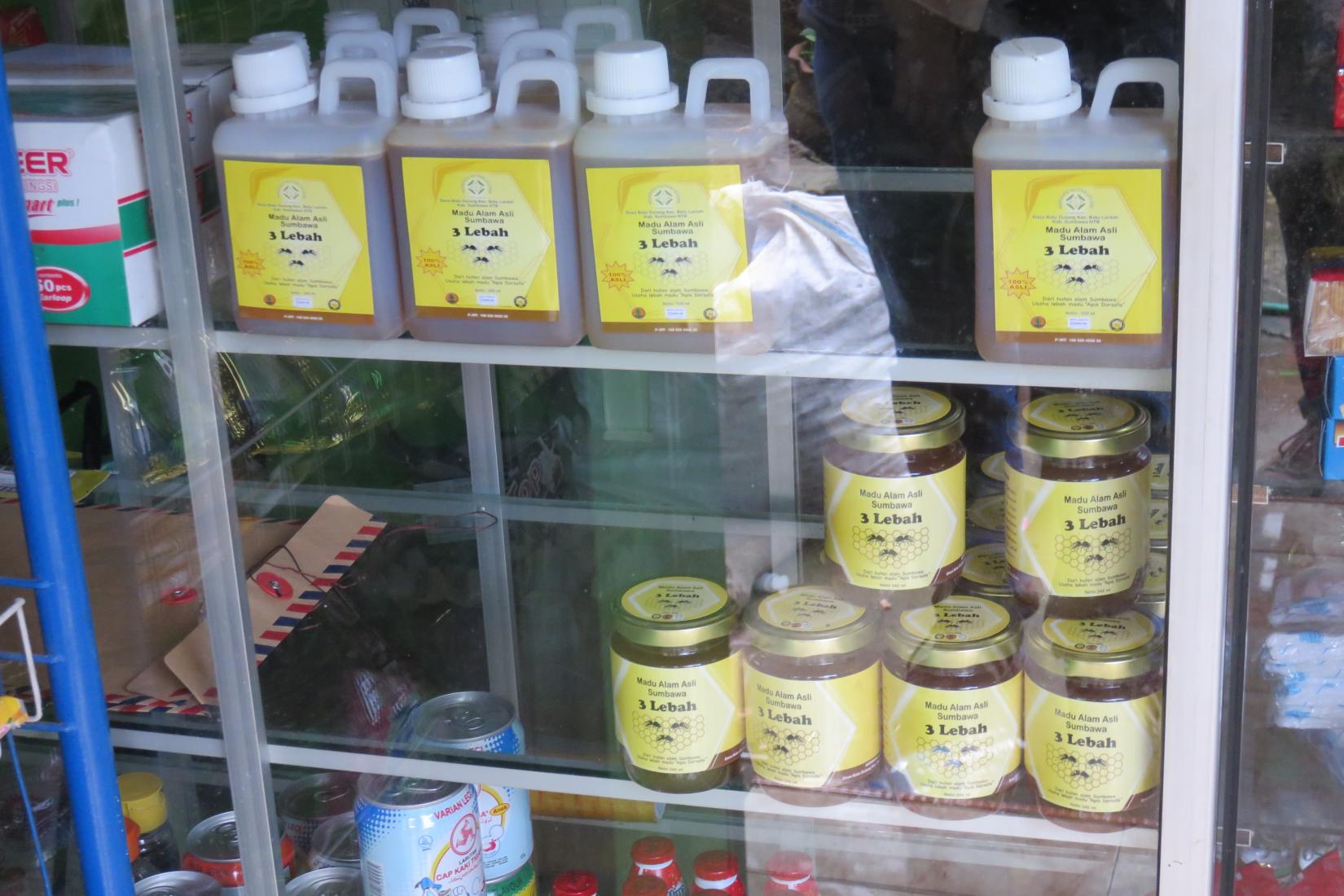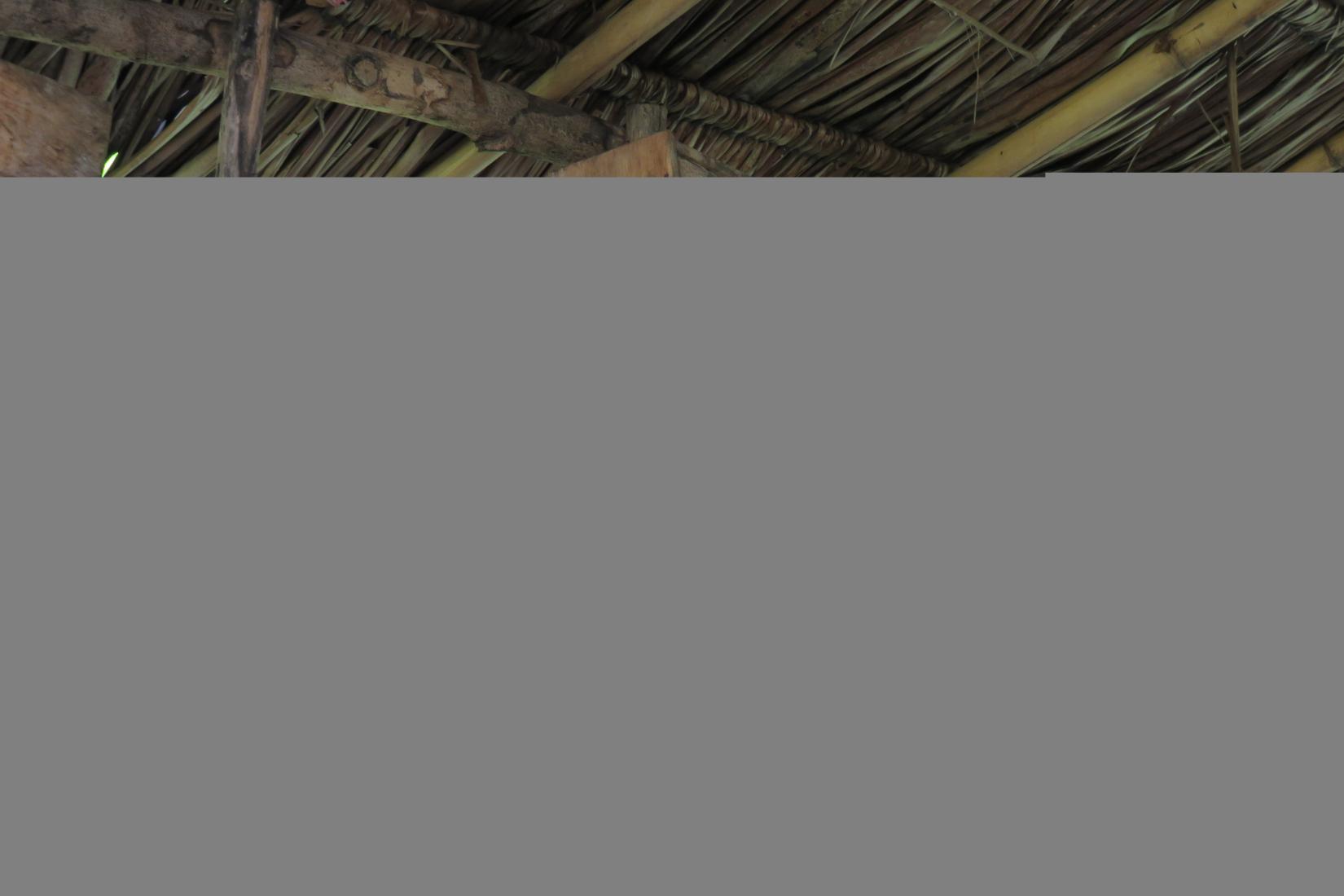They looked more closely at some of the successful or promising products in a series of case studies, drawing out lessons that may be useful for developing other products. For example, natural-dyed traditional textiles have a high-value niche market. One of the partners in the research, Threads of Life, was set up to support development of this market and now works with over 100 producers on 12 islands. Similarly, baskets made from the climbing fern Lygodium circinnatum have built a strong international market. Starting with just four basket designs, the town of Tenganan is now a global hub for fine basketry design and trade, with hundreds of designs. Other case studies are on virgin coconut oil, indigo and palm sugar.
The open access publication of the above paper is part of wider initiative by ACIAR to disseminate the results of its projects as widely as possible. The move towards supporting open access is in line with ACIAR’s thinking on free and fair knowledge sharing in pursuit of more productive and sustainable agricultural systems.
